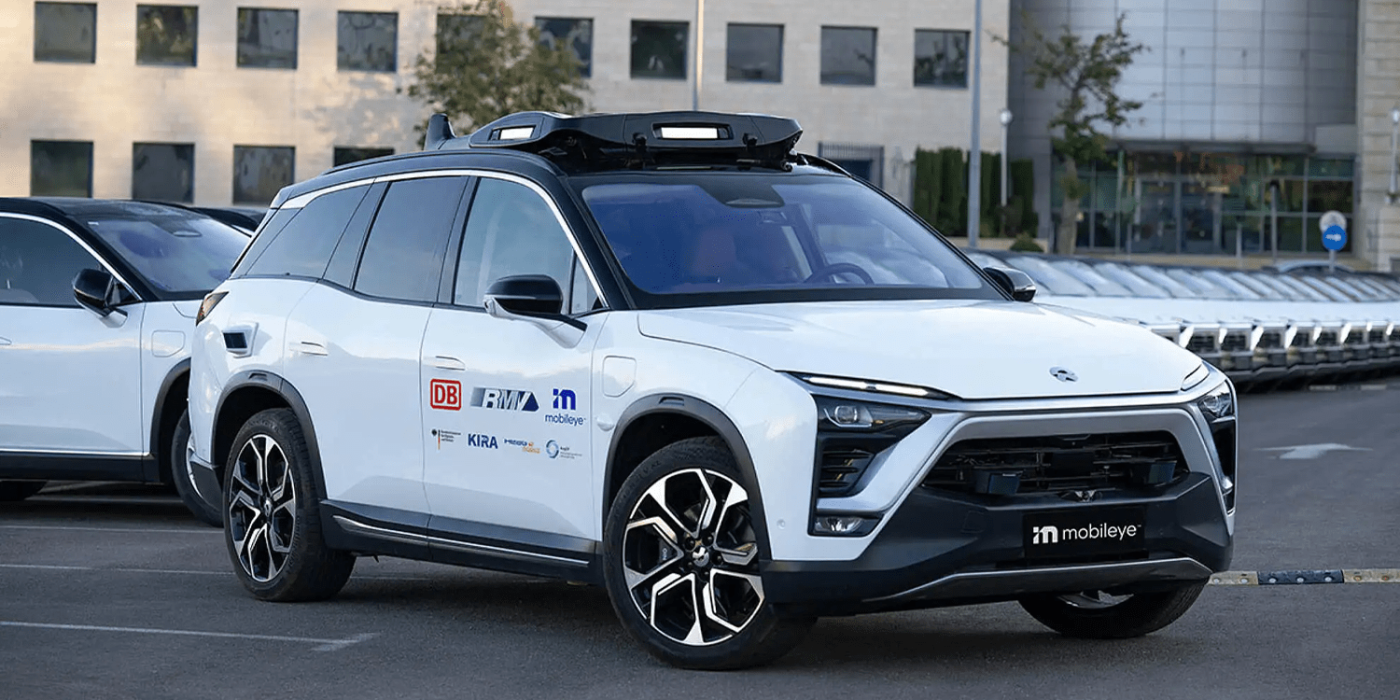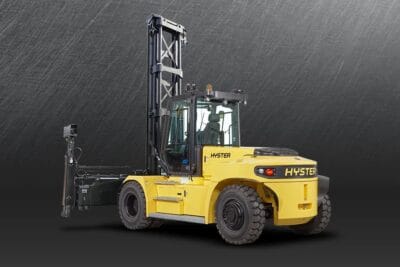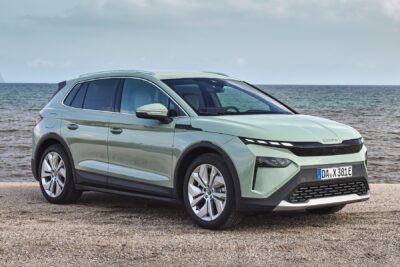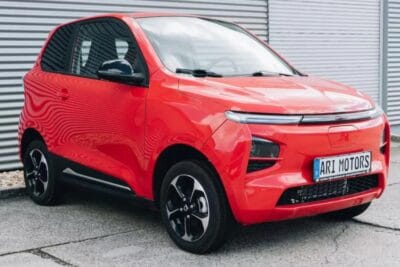Deutsche Bahn brings autonomous vehicles into public transport
In the German state of Hesse, Germany’s national rail services Deutsche Bahn (DB) has announced a major project with automated shuttles using electric vehicles from the Chinese manufacturer Nio. More than 100 on-demand vehicles will be in operation by the end of the year.
DB subsidiary CleverShuttle is to operate the autonomous vehicles serving more than 3,000 virtual stops in lower-density and rural areas, while the DB subsidiary ioki is to provide the software for booking and route planning. The project partner Mobileye specialises in autonomous vehicles and supplies the autonomous driving system, which will be used with vehicles from the Chinese manufacturer Nio, as DB has just confirmed.
Mobileye is a subsidiary of Intel that went public in October last year. For the autonomous vehicle services, Nio ES8 electric cars will be used that are equipped with Mobileye technology for automated driving. Mobileye and Nio announced a strategic partnership last month, which means that Nio will mass-produce the system for Mobileye and not only integrate the technology into its electric vehicle lines for consumer markets but also for Mobileye’s driverless ride-hailing services, as is the case here.
According to CleverShuttle, Nio vehicles will be used for the pilot phase called KIRA, since only vehicles from the manufacturer Nio are available on the part of Mobileye, which fulfil all the necessary technical requirements for immediate autonomous use at Level 4. CleverShuttle says it is also holding talks with other manufacturers to enable transports by vehicles of German (or European) manufacture in the medium term.
The shuttle bus service for low-density public transport areas is part of the federally funded project by Deutsche Bahn, the Rhein-Main-Verkehrsverbund (RMV) and local partners HEAG mobilo and Kreisverkehrsgesellschaft Offenbach (kvgOF). For the accompanying research, the German Aerospace Center (DLR), the Karlsruhe Institute of Technology (KIT) and the Association of German Transport Companies (VDV) are also part of the BMDV funding.
Dr Volker Wissing, Federal Minister of Digital Affairs and Transport, explained that providing public transport services in rural and low density is an economic challenge in combination with the hurdle Germany faces that there will be a shortage of around 87,000 bus drivers by 2030. “This combination presents us with a major problem, because we urgently need public transport to achieve our climate goals. Self-driving e-shuttles that can be called on demand are therefore a real game changer, especially for rural areas. And best of all: this is not science fiction, but will be part of the regular public transport service in our country as of next year.”
The first automated vehicle will hit the roads in Darmstadt, soon to be followed by 14 more vehicles. Eight of these will operate in the Offenbach distric, seven in Darmstadt. These will initially have specially trained drivers and will run without passengers. In the second phase, the service will be tested with customers, and the vehicles will be integrated into the existing on-demand services in Darmstadt. In this region, these existing services are called the “HeinerLiner” and “kvgOF Hopper” in the Offenbach district. Until now, these services have provided combustion engine vehicles with allocated drivers that compliment German rail services in areas with lower population density from train stations that don’t have enough demand for large buses with scheduled services and routes.
The declared aim of RMV and DB is to attract new customers to local public transport through flexible on-demand services. Evelyn Palla, Director of Regional Transport Deutsche Bahn AG, said, “With our subsidiaries CleverShuttle and ioki, we make public transport as convenient and flexible as owning a car.”
DB and RMV have already been working together on Germany’s largest on-demand network since 2020. Under the umbrella of RMV, the service is available in nine cities and districts. As part of the project, more than 100 on-demand vehicles will be in operation by the end of the year, serving more than 3,000 virtual stops. Deutsche Bahn states: “Due to its size and availability almost around the clock, the on-demand service is a pillar of its own in the region’s transport concept.”
deutschebahn.com (in German)





0 Comments